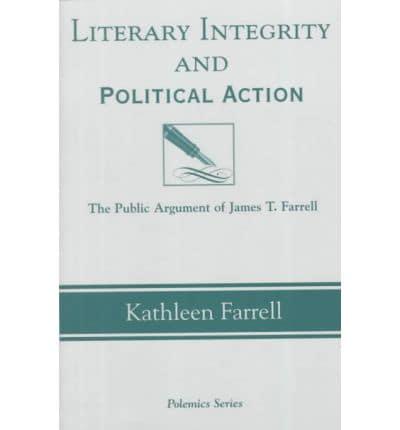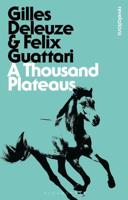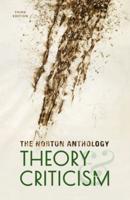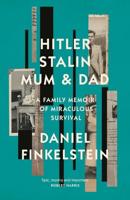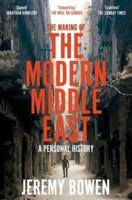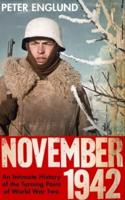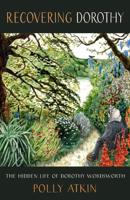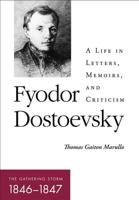Publisher's Synopsis
The story of writer James T. Farrell's role in culture wars of 1930s America, as an important member of the literary Left and a champion of literary independence, personal social commitment and good writing. Literary Integrity and Political Action is the story of writer James T. Farrell's role in the culture wars of 1930s America. Farrell's evolution through the 1930s from a lion of the literary Left and working class causes to a champion of literary independence, personal social commitment and good writing is a fascinating one. His journey was marked with important encounters with the likes of Malcolm Cowley, Edmund Wilson, Granville Hicks, Michael Gold, Mary McCarthy, Sidney Hook, Max Eastman, Philip Rahv, Kenneth Burke and many others caught up in the debate over the Marxist intellectual tradition. While the present generation's critique of late capitalism has been largely limited to analyses of literary works and popular culture, Farrell's generation was powerfully engaged in the debates over what the American Left's role was in rebuilding a democratic society in the face of the Great Depression and the growing totalitarinism of the young Soviet state.;Literary Integrity and Political Action is the story of writer James T. Farrell's role in the culture wars of 1930s America. Farrell's evolution through the 1930s from a lion of the literary Left and working class causes to a champion of literary independence, personal social commitment and good writing is a fascinating one. His journey was marked with important encounters with the likes of Malcolm Cowley, Edmund Wilson, Granville Hicks, Michael Gold, Mary McCarthy, Sidney Hook, Max Eastman, Philip Rahv, Kenneth Burke and many others caught up in the debate over the Marxist intellectual tradition.Written for academics and casual readers alike, Literary Integrity will be of particular interest to those caught up in the recent efforts of the academic Left to expose the abuses of power inherent to, and the ultimate failure of, late capitalism.;While the present generation's critique has been largely limited to analyses of literary works and popular culture, Farrell's generation was powerfully engaged in the debates over what the American Left's role was in rebuilding a democratic society in the face of the Great Depression and the growing totalitarinism of the young Sovi This book will help readers better understand the world of intellectuals passionately committed to their work and their world during one of the most fascinating periods of our history.
